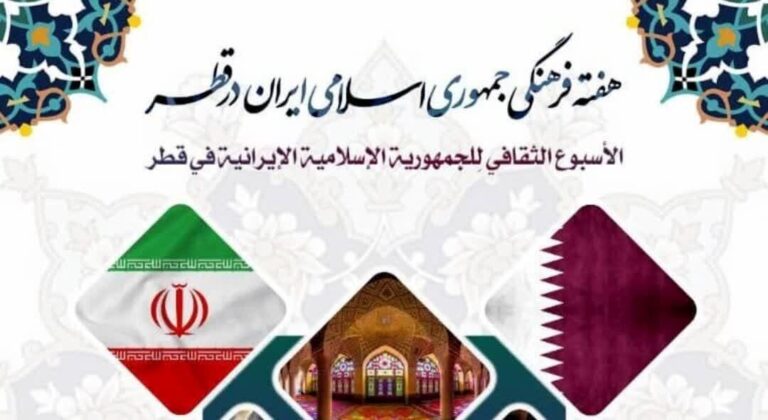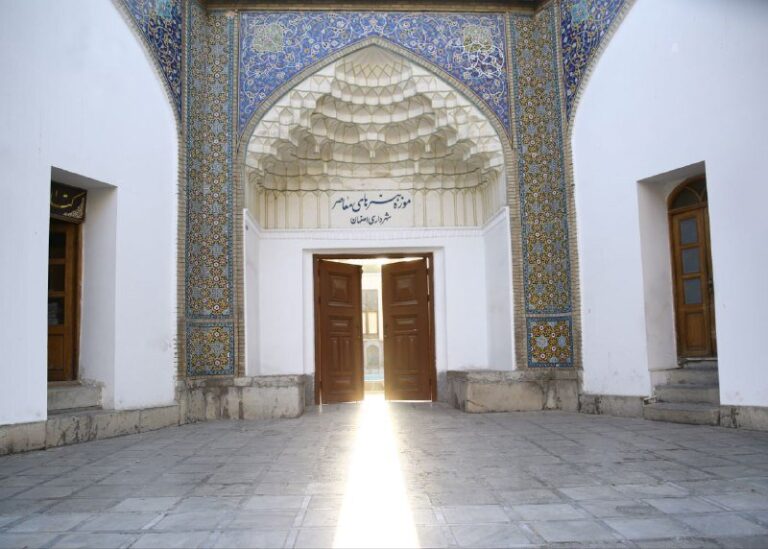Discover Erich Maria Remarque’s ‘Heaven Has No Favorites’ Now in Persian: A Timeless Tale Awaits!
The newly released Persian translation of “Heaven Has No Favorites,” a remarkable novel by German author Erich Maria Remarque, is now available in bookstores across Iran. This captivating tale explores themes of love and passion against the backdrop of 1948 and the thrilling world of automobile racing.
Translated by Ajdar Angoshtari, this edition has been published by Ofogh Publication and spans a total of 360 pages. The novel is a testament to Remarque’s mastery in storytelling, following the success of his classic work, “All Quiet on the Western Front.”
At the heart of this bittersweet narrative is Clerfayt, an automobile racer who embarks on a journey to a Swiss sanatorium to visit his fellow racer, Hollmann, who is battling tuberculosis. There, he encounters Lillian, a young Belgian woman also suffering from the illness, who is in its terminal stage. With no hope for recovery, Lillian desires to embrace life fully in her remaining months rather than succumb to despair.
As their paths intertwine, Lillian’s perspective on life shifts dramatically:
- After witnessing the death of a friend in the hospital, she realizes the grim reality of the terminally ill:
- Patients are treated as mere numbers, devoid of identity.
- This revelation propels her to take decisive action.
- With Clerfayt’s company, she decides to leave the sanatorium.
Together, they embark on a journey across Europe, indulging in lavish experiences funded by Lillian’s inheritance. Their bond deepens, and they eventually fall in love. However, the looming specter of Lillian’s illness complicates their future:
- Clerfayt expresses a desire to settle down and seeks medical help for her.
- Lillian grapples with the reality that marrying him would ultimately lead to his sorrow.
- Despite her love for him, she chooses to leave, fearing the inevitable outcome of their romance.
The story takes a tragic turn during a race when Clerfayt suffers severe injuries after another racer crashes. He dies in the hospital, leaving Lillian heartbroken. On her journey back to Switzerland, she encounters Hollmann, who has recovered and is offered Clerfayt’s former position. Tragically, Lillian passes away six weeks later, portrayed as a serene moment amidst the stillness of the landscape.
Erich Maria Remarque (1898-1970) is celebrated for his profound contributions to literature. His iconic novel “All Quiet on the Western Front,” published in 1928, was inspired by his experiences as a soldier in World War I. This groundbreaking work shaped the genre of literature focusing on war from a veteran’s perspective and has been adapted into film multiple times.
Despite his literary acclaim, Remarque faced condemnation from Nazi propaganda minister Joseph Goebbels, who labeled his work as “unpatriotic.” This backlash forced him to flee Germany, first to Switzerland and later to the United States, where he became a naturalized citizen.
Remarque’s works have left an indelible mark on 20th-century literature, with his writings resonating with readers worldwide. His novels have been translated into over 50 languages, selling millions of copies globally. The themes of love, loss, and the human condition in the face of adversity are recurring elements in his storytelling.
His experiences growing up during significant historical events in Germany, such as the Weimar Republic and his eventual exile, greatly influenced his literary voice. Readers continue to explore the emotional depth and historical context embedded in his works, which remain relevant today.
In conclusion, the Persian translation of “Heaven Has No Favorites” offers Iranian readers a chance to engage with Remarque’s poignant storytelling. The novel not only highlights the complexities of love and loss but also reflects the broader human experience during a tumultuous period in European history.






